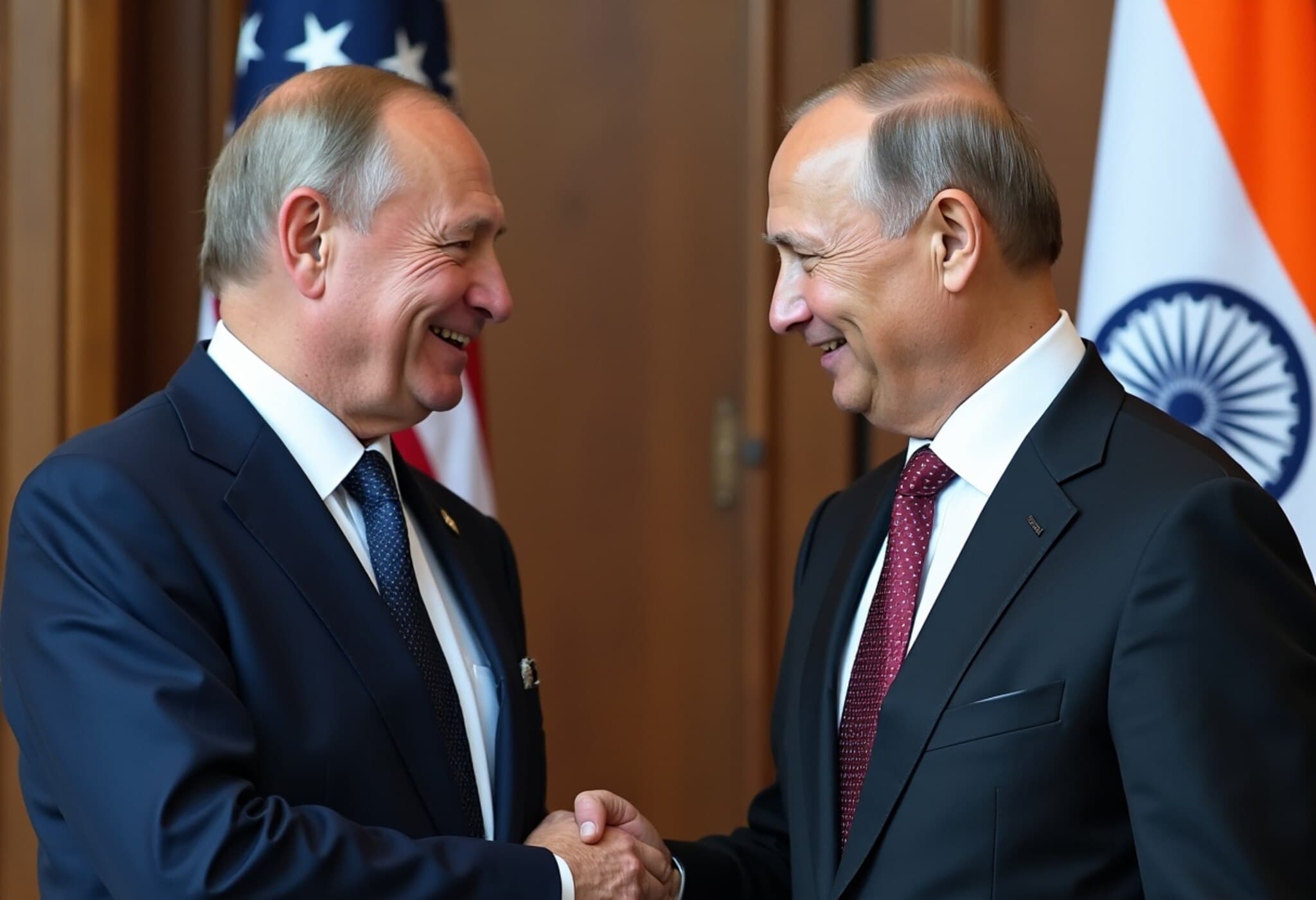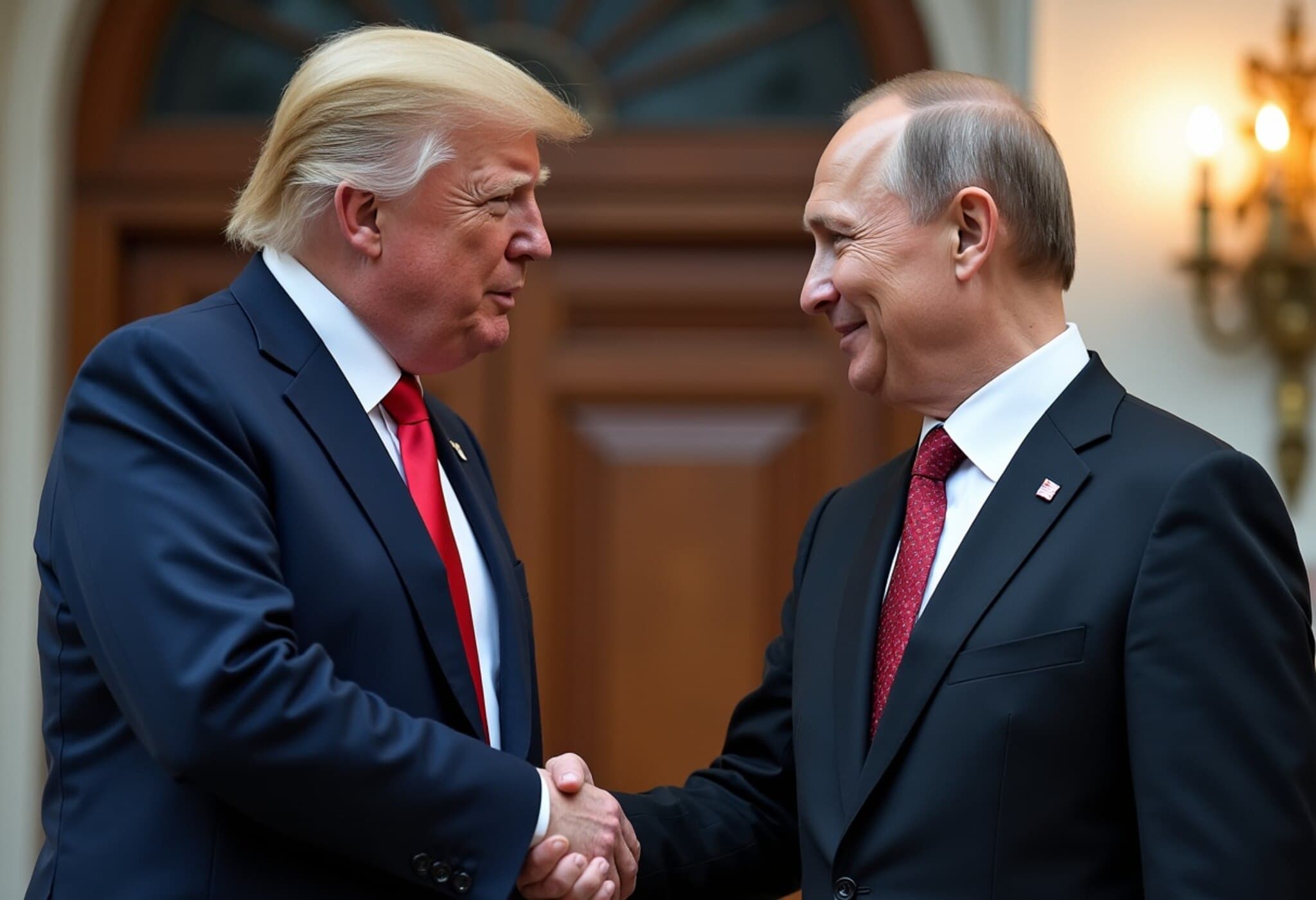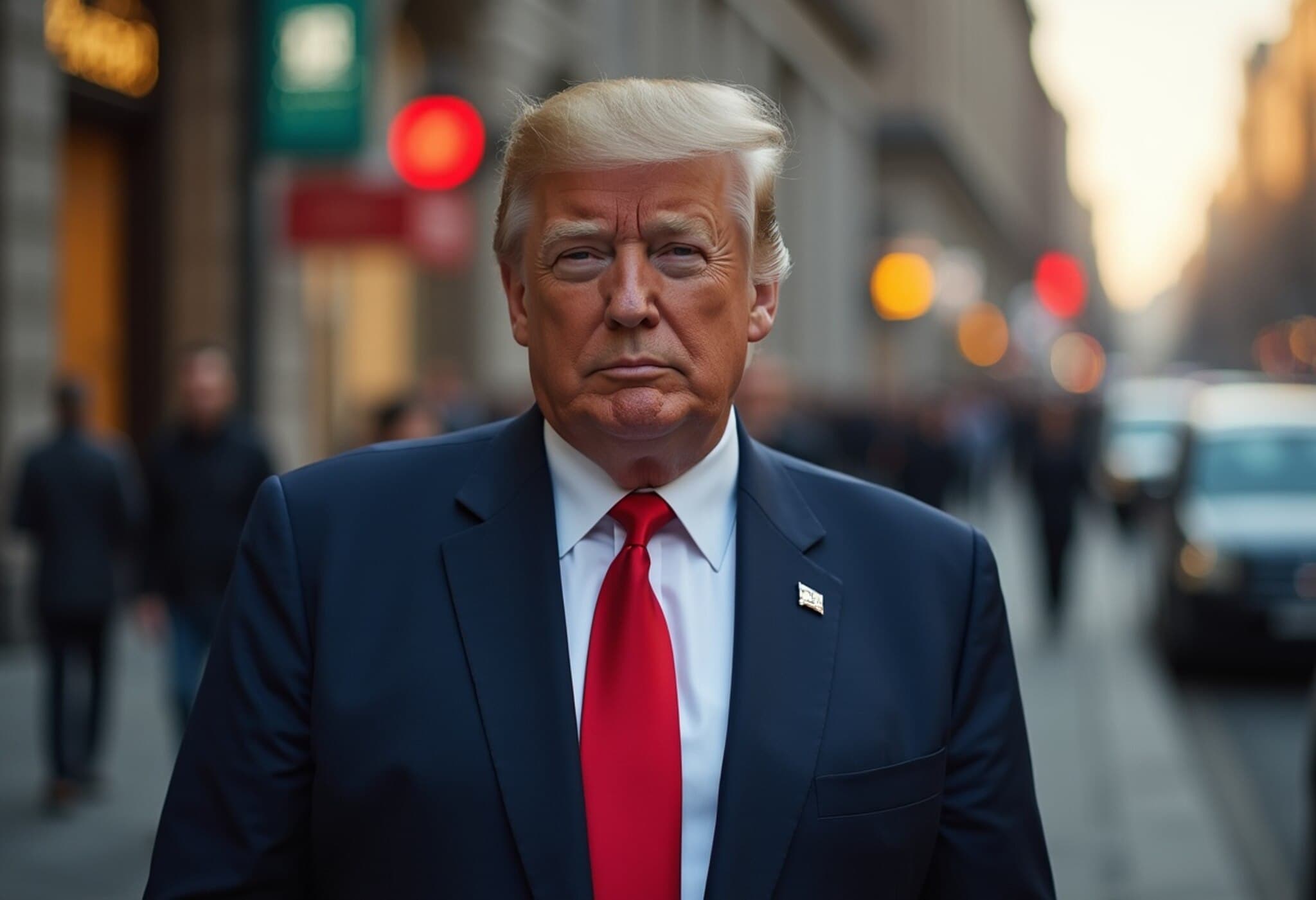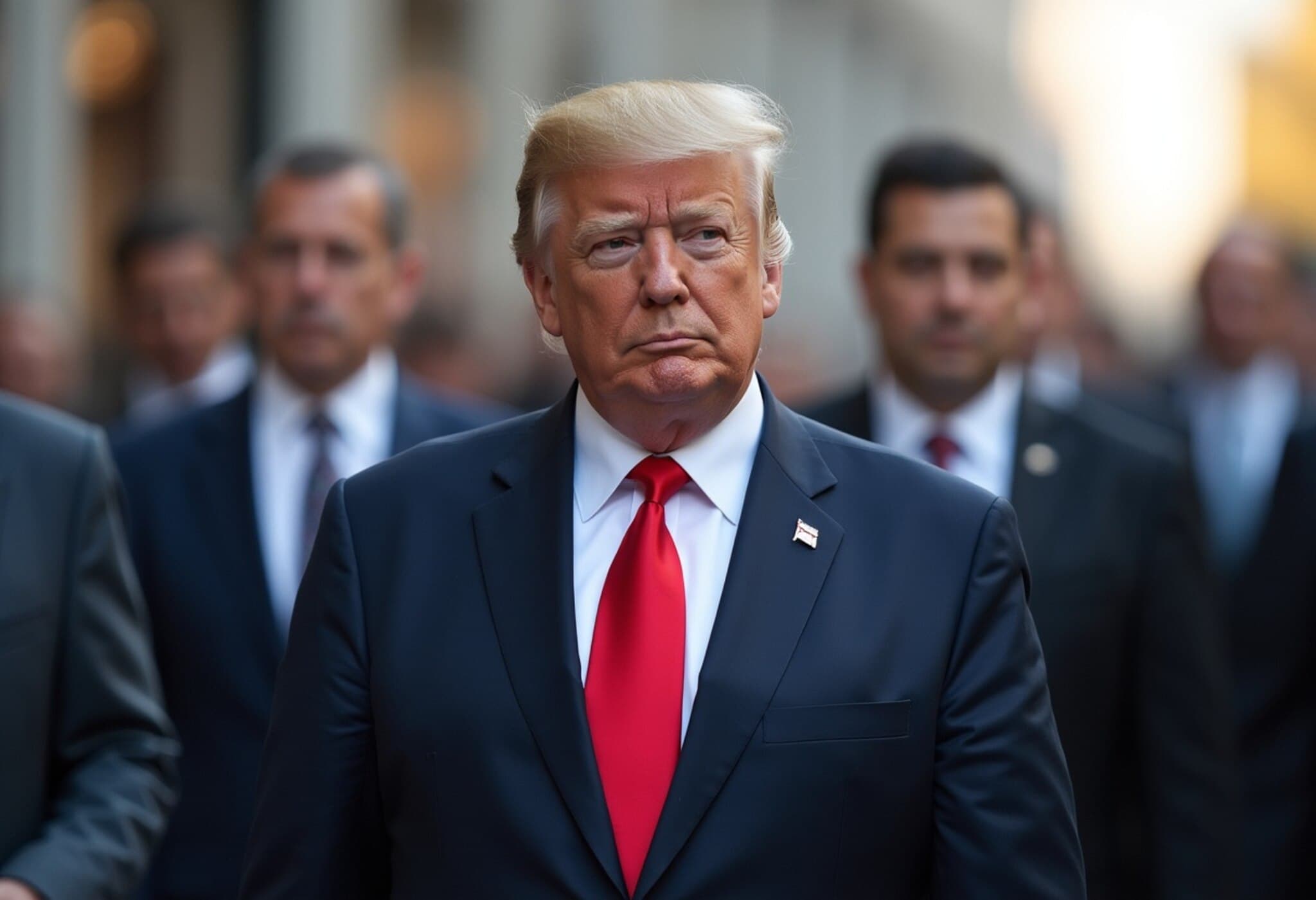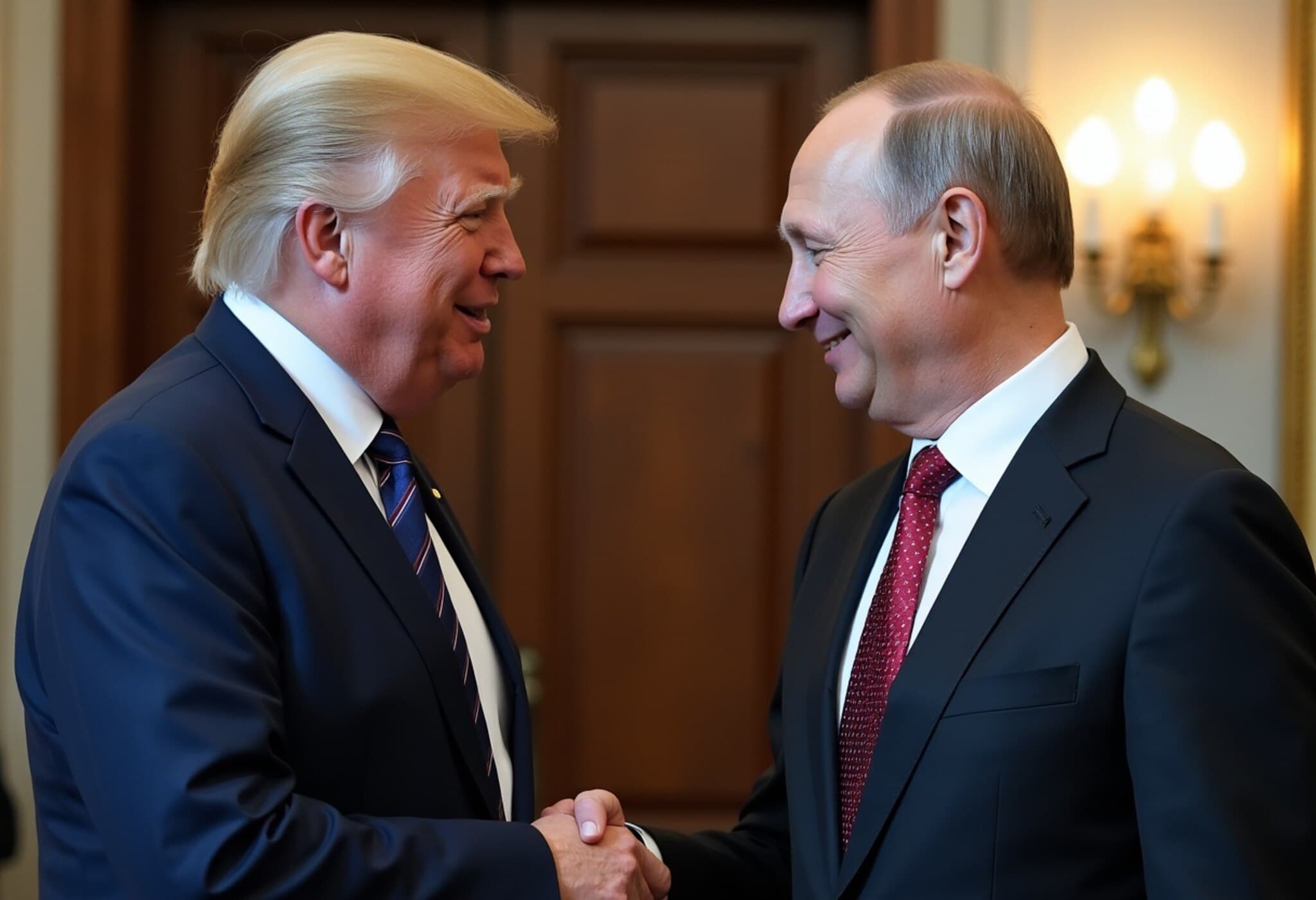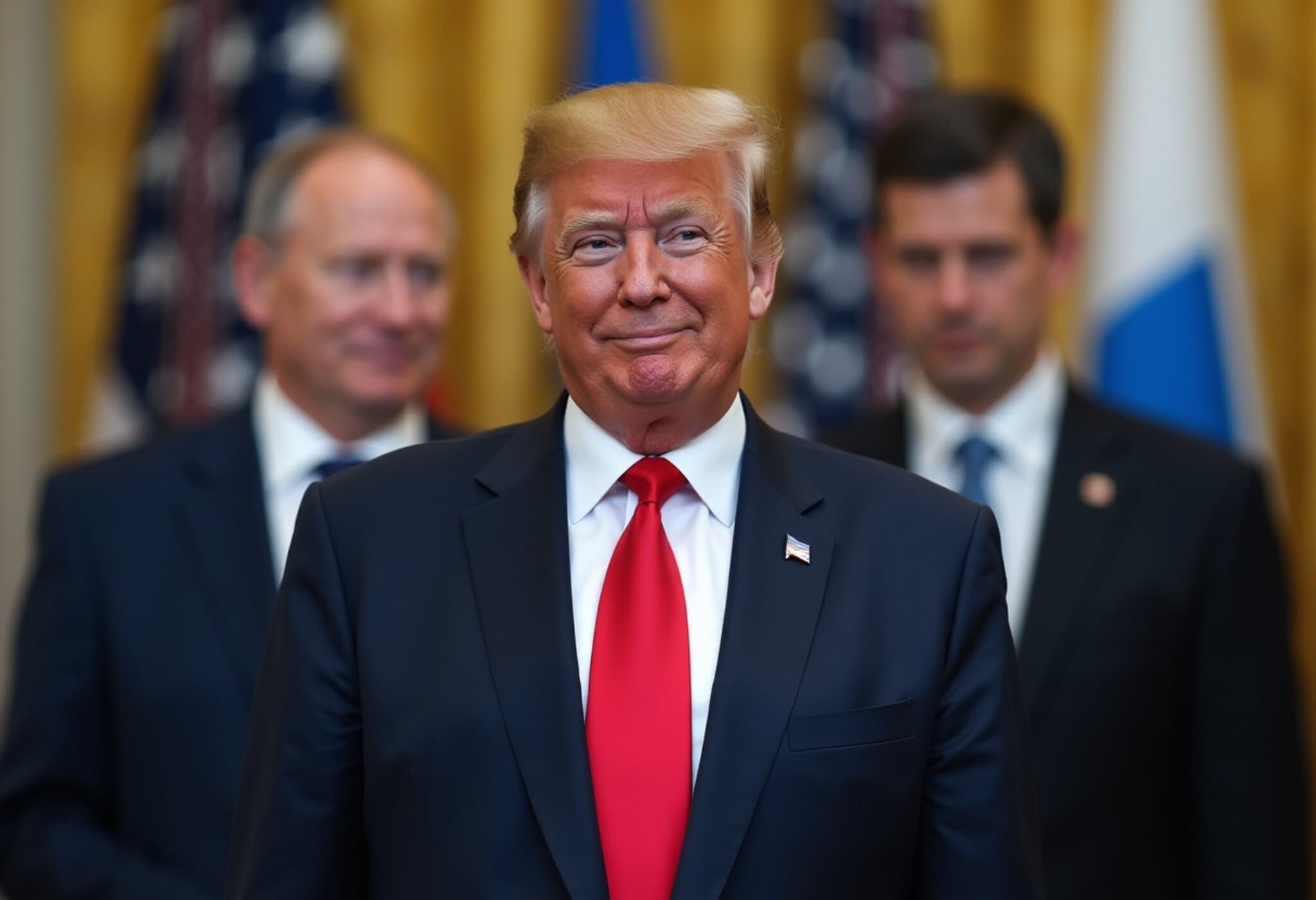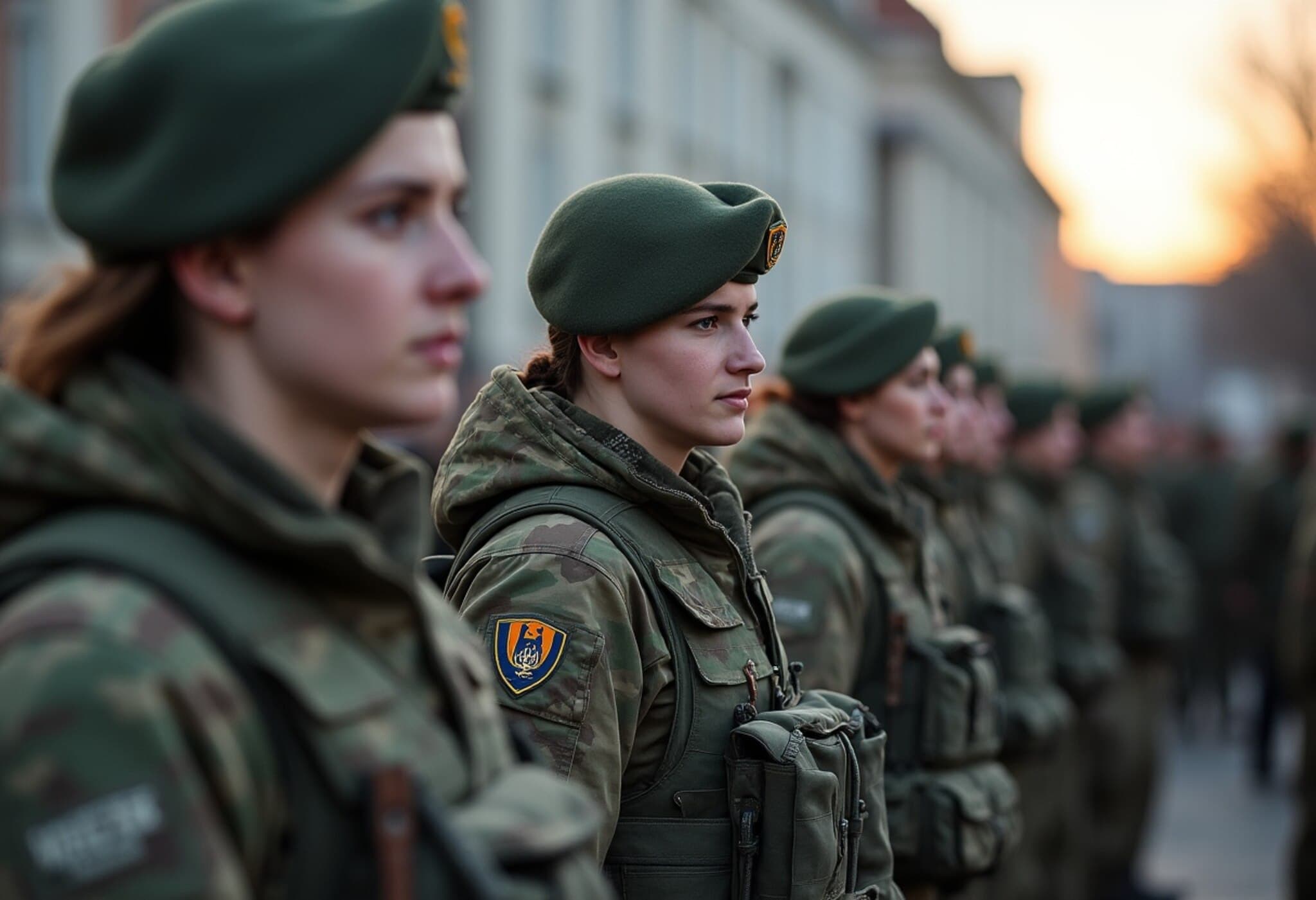Trump's Special Envoy Holds Critical Moscow Talks Amid Ukraine Ceasefire Deadline
As tensions simmer over the prolonged conflict in Ukraine, U.S. President Donald Trump’s special envoy, Steve Witkoff, met Russian President Vladimir Putin in Moscow on August 6, 2025, with a pressing deadline looming. The talks aim to push for a ceasefire, as Trump prepares to enforce a hard deadline on August 8 that could trigger intensified sanctions and secondary tariffs against Russia and its allies.
Meeting Context: A Race Against Time
Witkoff's meeting with Putin represents nearly a year and a half of diplomatic efforts shadowed by rising economic pressure and war fatigue. Prior to the meeting, Witkoff visited Moscow’s Zaryadye Park and held discussions with Kirill Dmitriev, a key Kremlin aide and head of Russia’s sovereign wealth fund, underscoring the blend of diplomatic and economic leverage employed by the U.S.
President Trump initially set a 50-day ultimatum in early July, demanding Russia halt missile and drone attacks on Ukrainian civilians and accept a peace deal by September 2. However, after mounting frustration with the lack of progress, he advanced the deadline to August 8, signaling a readiness to escalate sanctions if Putin fails to make tangible moves toward de-escalation.
The Stakes: Sanctions and Secondary Tariffs
The looming deadline carries high stakes. Trump has warned that failure to cease hostilities will prompt mammoth secondary tariffs not only on Russia but potentially targeting countries like China and India, which continue purchasing Russian oil despite international pressure. This approach seeks to tighten the economic noose around Moscow, aiming to curb its war funding and incentivize peace negotiations.
While precise details of possible Russian concessions remain unclear, reports suggest the Kremlin might propose a moratorium on air strikes—a concept floated by Belarusian President Alexander Lukashenko—though skepticism remains about the sincerity and enforceability of such measures without a comprehensive peace agreement.
On the Ground: Ukraine Faces Continued Attacks
Despite diplomatic overtures, the reality on Ukraine’s frontlines remains grim. Ukrainian President Volodymyr Zelensky reported that Russian missile and drone strikes persisted overnight, hitting civilian infrastructure and recreational facilities.
- Twelve people injured and two fatalities confirmed in Zaporizhzhia.
- Power grids targeted in the Dnipro region, leaving thousands without electricity.
- Drones attacked civilians in Kherson and a gas facility in Novosilske, Odesa region, disrupting utilities for hundreds of families.
- Private homes in Kharkiv and Donetsk regions were struck.
Zelensky emphasized that meaningful pressure is essential to compel the Kremlin toward peace, highlighting the gap between Russian public statements and ongoing military actions.
Expert Analysis: What This Means for Global Security
The upcoming deadline represents a critical juncture in a conflict that has reshaped European security and global economic dynamics. From a U.S. policy perspective, Trump’s assertive hardline approach underscores a renewed focus on economic statecraft, leveraging tariffs and sanctions as tools to influence Russia's behavior.
However, the international community remains cautious. Experts warn that unilateral escalation without coordinated multilateral support risks economic ripple effects, particularly for nations dependent on Russian energy. Secondary tariffs on China and India could strain U.S. relations with these major powers and potentially disrupt global energy markets, complicating the geopolitical puzzle.
Looking Ahead: The Urgency of Diplomatic Breakthroughs
The meeting in Moscow has spotlighted the precarious path toward peace. While President Trump has maintained an open stance — stating, “We’re going to see what happens,” — the reality is that continued conflict threatens millions of lives and regional stability.
Key questions persist:
- Will Putin offer credible concessions that lead to a sustainable ceasefire?
- Can economic pressure through tariffs effectively compel change without collateral damage?
- What role will broader international actors play in supporting or undermining these efforts?
Editor’s Note
The forthcoming August 8 deadline is more than a political marker—it symbolizes a global test of diplomacy, economic strategy, and the human cost of prolonged conflict. As Witkoff’s talks with Putin unfold, the international community watches closely, hoping for a breakthrough but preparing for the consequences of continued warfare. This moment invites reflection on how economic tools intersect with diplomatic efforts and the delicate balance needed to foster genuine peace.
Stay informed as this critical story develops, noting that real peace demands more than deadlines—it requires sustained commitment on all sides.









